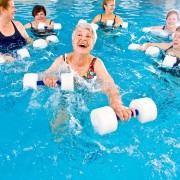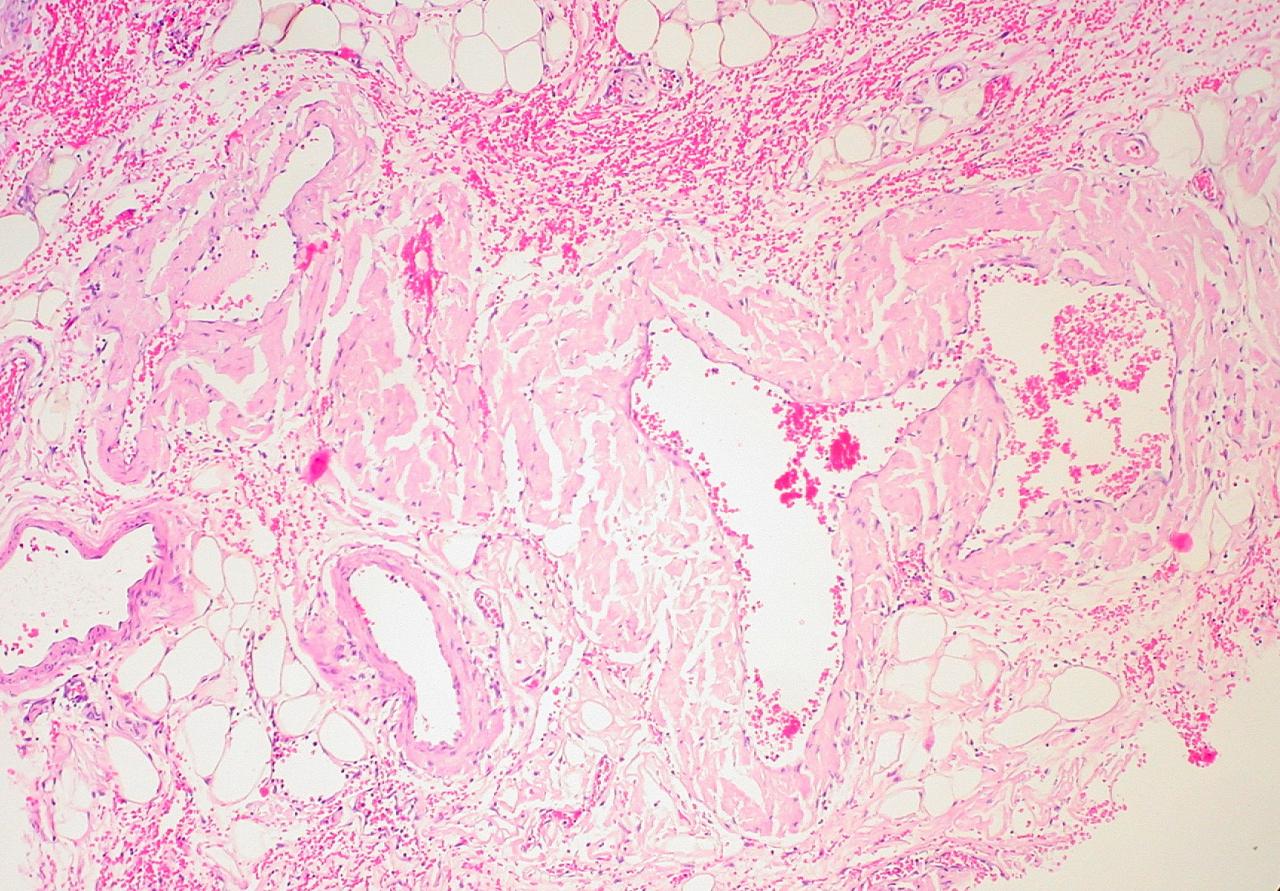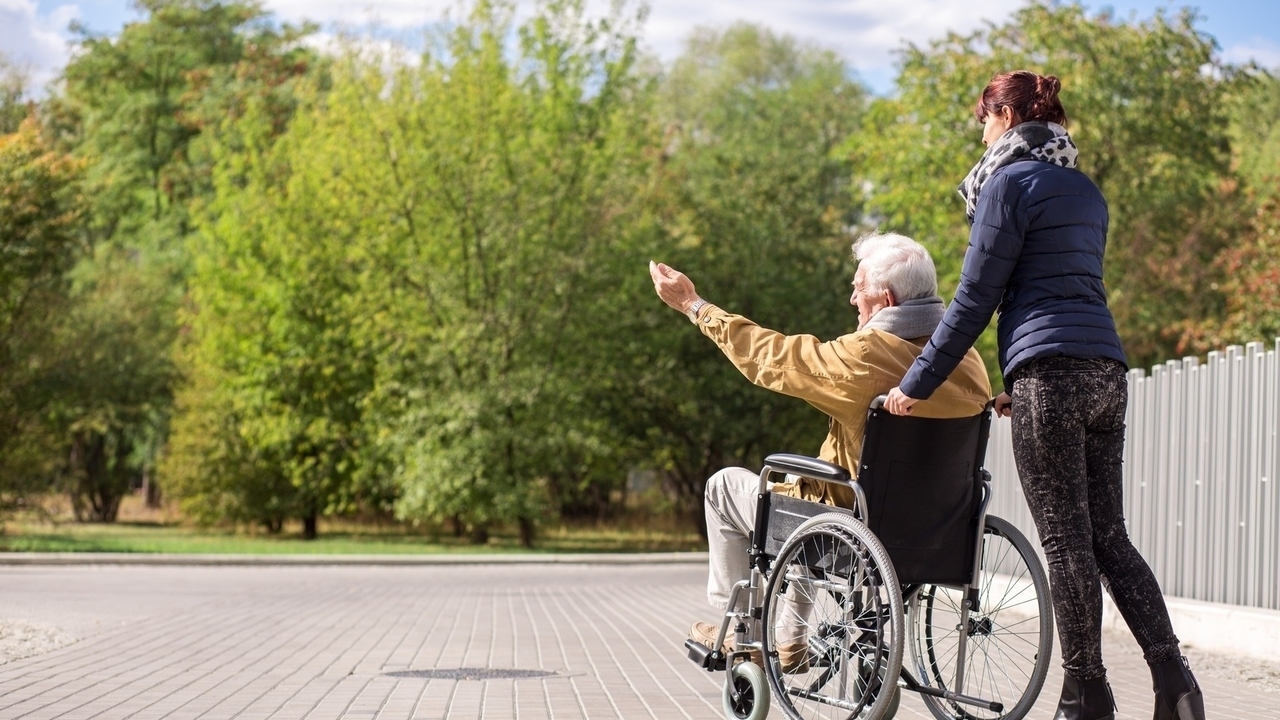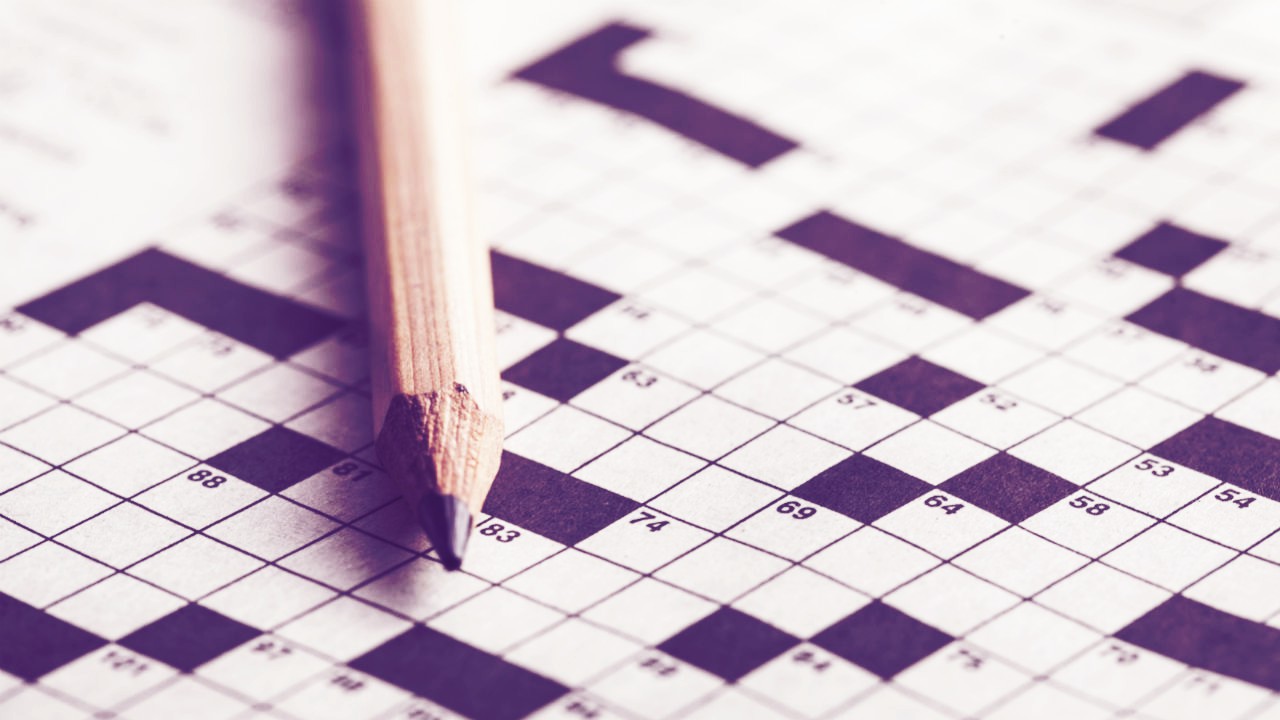 Photo: Getty Images
Photo: Getty Images
Your mind is critically connected with and affected by your body. Your physical brain affects your mental powers. So to keep your thought processes sharp and efficient, keeping your body in good form is a step in the right direction.
Research from the University of Illinois, Ohio State University, University of Pittsburgh and Ohio State University indicated that moderate physical exercise can increase the volume of the left and the right hippocampus. Those subjects who didn't exercise were seen to have shrinkage in both the left and right hippocampus. Improved memory also occurred in the group that took part in aerobic exercise.
This study appeared in the Jan. 31, 2011, issue of Proceedings of the National Academy of Sciences (PNAS). It was funded through the National Institute on Aging.
Regular moderate exercise helps provide oxygen and nutrients you need to keep your brain working well. Your brain depends on a healthy blood supply.
According to a 2009 study from Rush University Medical Center in Chicago, people who keep their muscles toned and fit are at lower risk for dementia or other types of memory problems.
Neuroscientist Aron Troen, PhD, at the Jean Mayer USDA Human Nutrition Reseach Center on Aging at Tufts University, specifies healthy cardiovascular system and mental exercise. He recommends working to keep your brain healthy with crossword puzzles, reading, and learning new things like a language or picking up a musical instrument.
Tied in with vascular health is a healthy blood pressure. Blood pressure that is too high can cause damage to blood vessels, which restricts delivery of oxygen and nutrients the brain needs. In 2009 a study at the Institute of Gerontology at Wayne State University in Detroit, indicated that high blood pressure helps cause slower memory and other cognitive problems.
In a 2009 study from the Rudolf Magnus Institute of Neuroscience in the Netherlands, type 2 diabetes was seen to contribute significantly to cognitive difficulties. Other studies indicate cognitive problems can result from high cholesterol levels, and lowering cholesterol levels can lessen cognitive loss.
Research from Karolinska Institutet in Sweden concurs that blood pressure and type 2 diabetes are factors that play an important role in the development of dementia and other types of cognitive decline. Mental, physical and social activity were also found to lower the risk of mental decline.
These findings indicated that the type of activity didn't matter, in terms of cognitive function. What mattered was that elderly people remain, or become, active.
Resources:
Moderate Aerobic Exercise in Older Adults Shown to Improve Memory
http://www.sciencedaily.com/releases/2011/01/110131153249.htm
Healthy Body, Healthy Mind
http://www.webmd.com/healthy-aging/features/healthy-body-healthy-mind
Look After Your Brain
http://www.sciencedaily.com/releases/2011/02/110220142811.htm
Visit Jody's website and blog at http://www.ncubator.ca and http://ncubator.ca/blogger






Add a Comment1 Comments
Given the multitude of Type of Dementia and its degenerative properties, visiting your doctor and getting tested as soon as symptoms develop is of paramount importance.
March 17, 2011 - 1:49amThis Comment